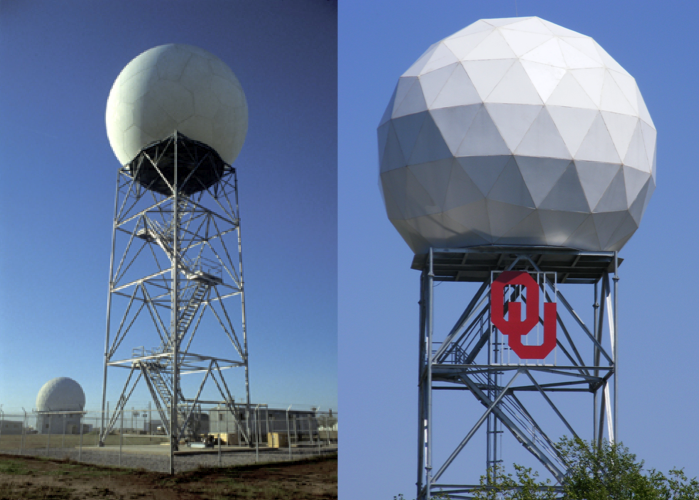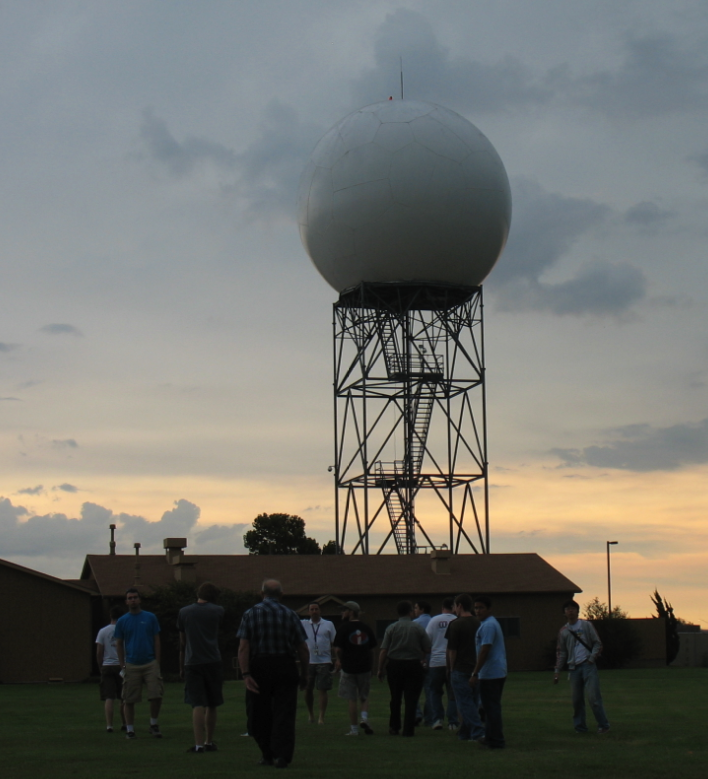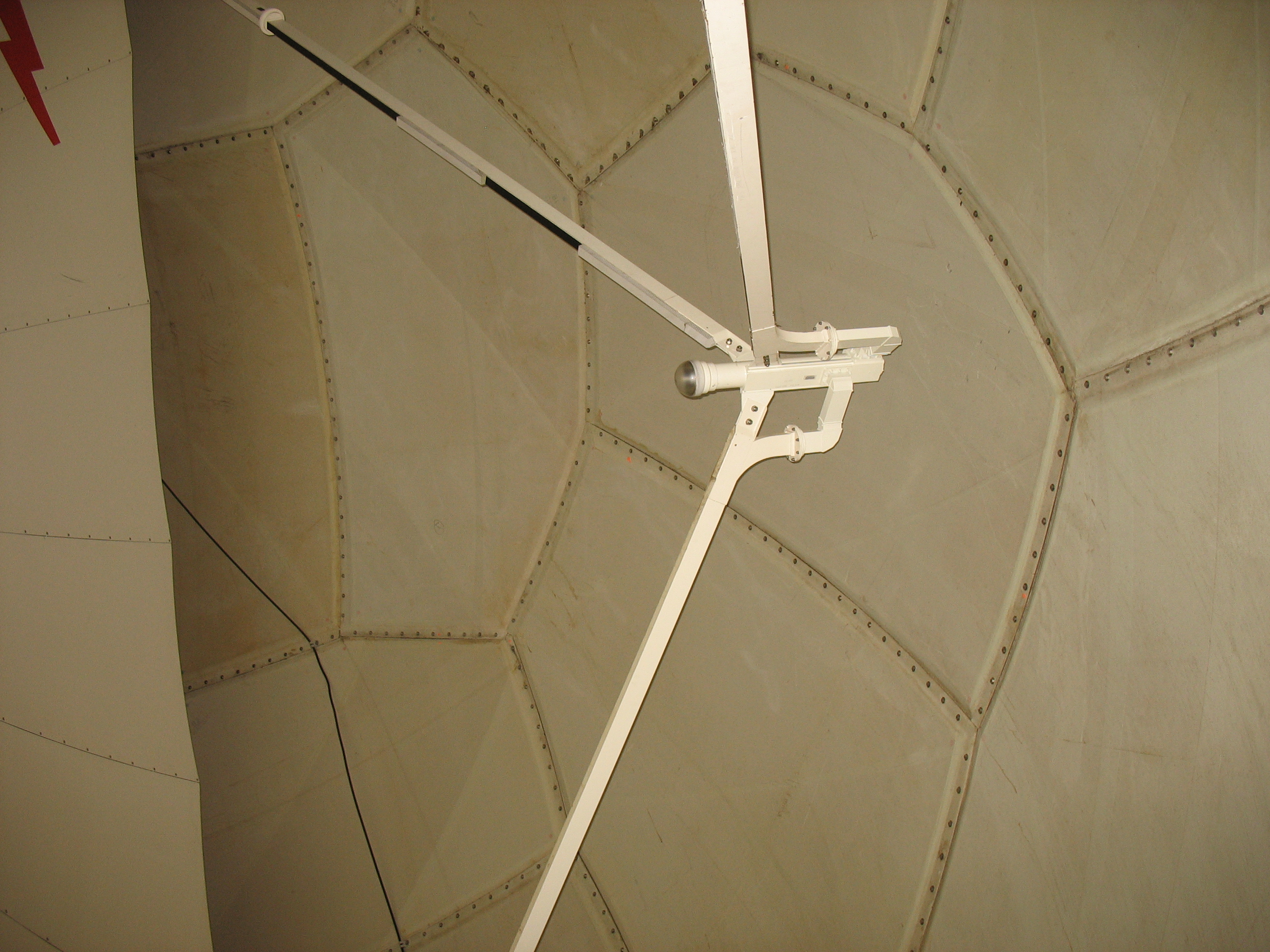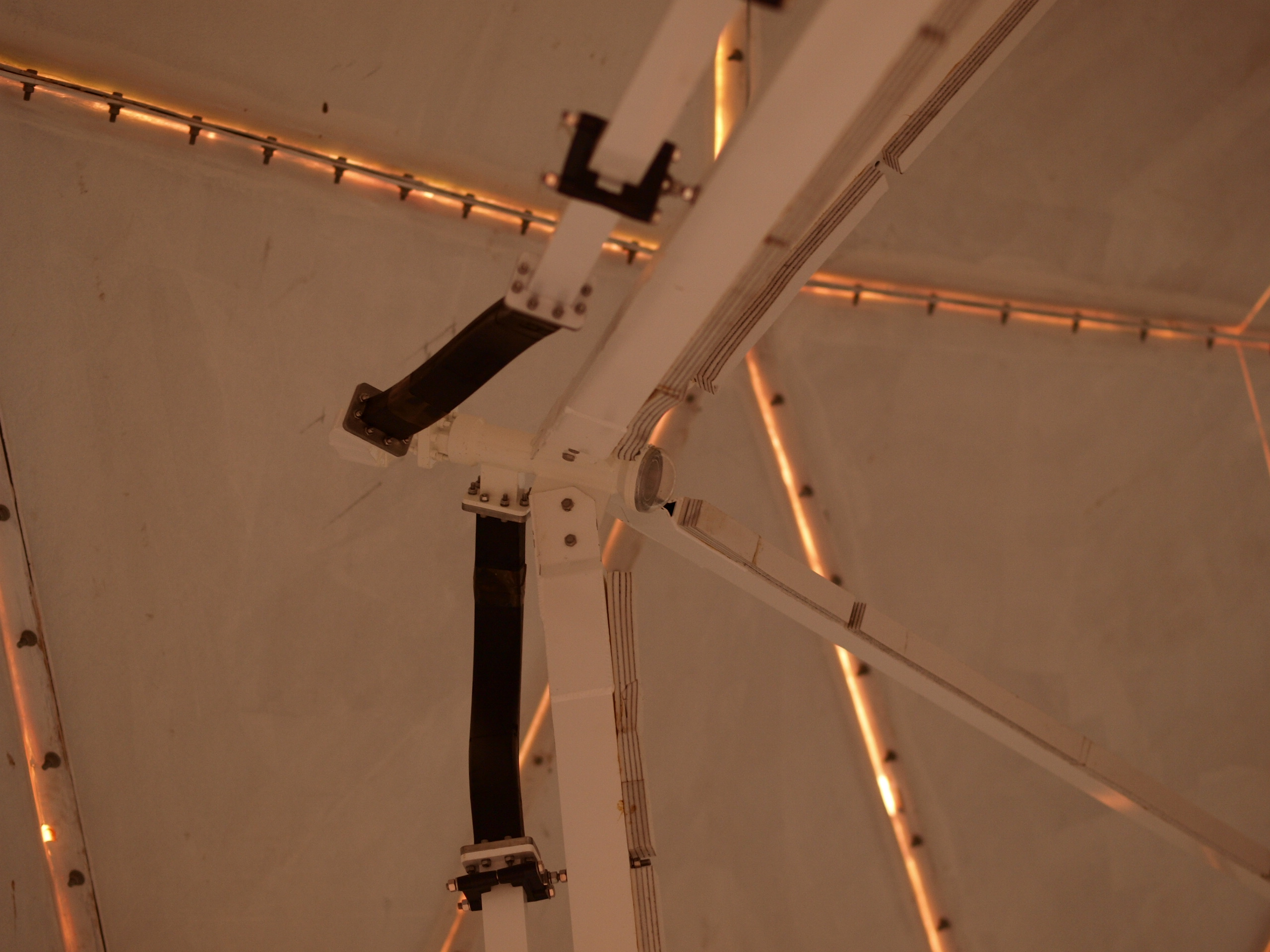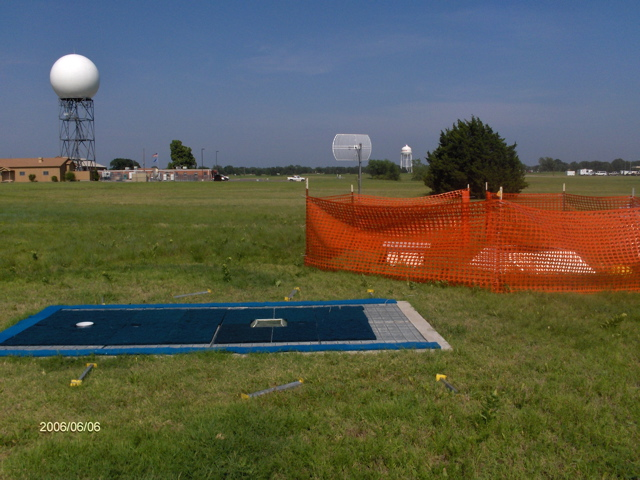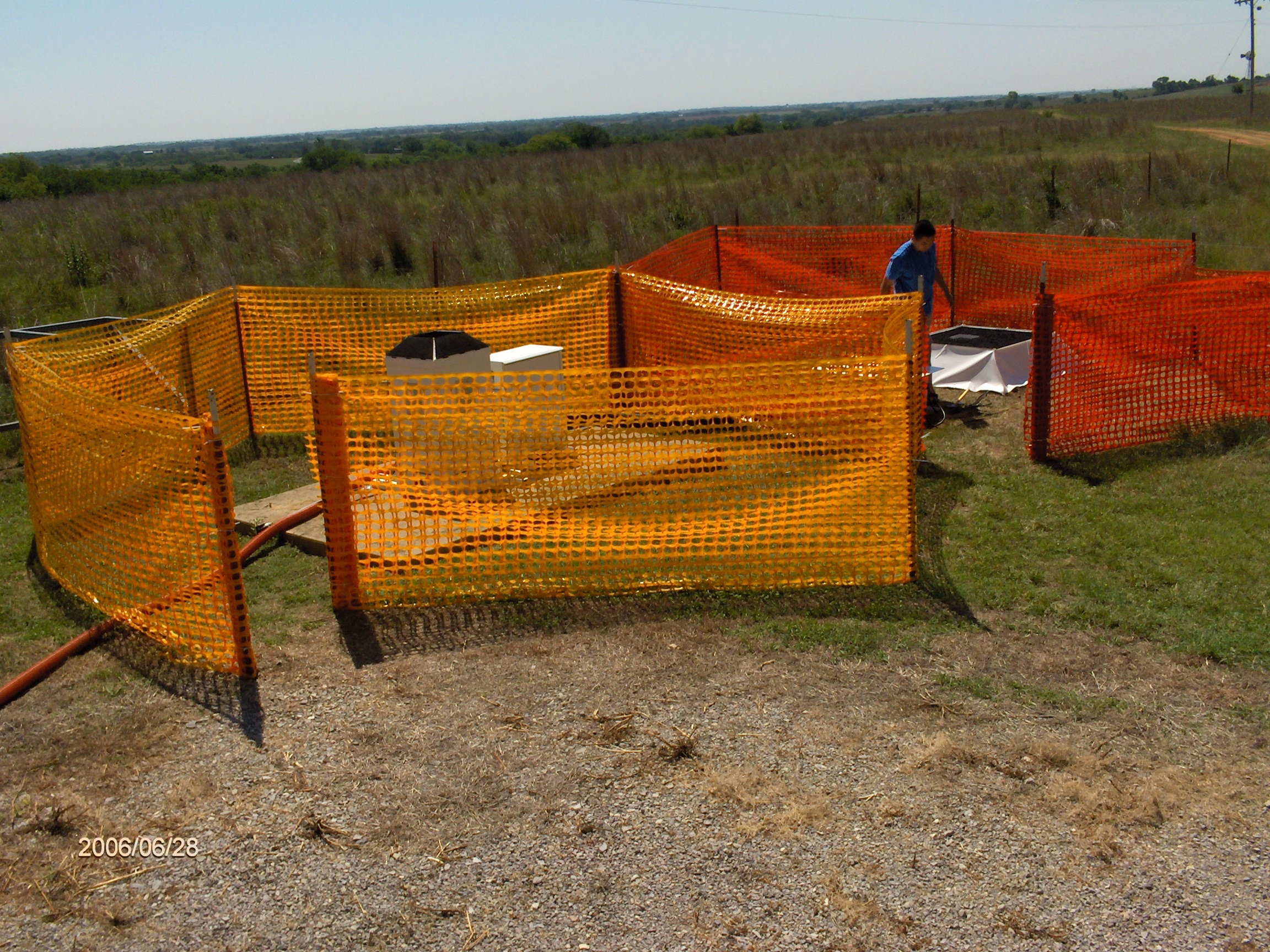Efficient Ways to Learn Weather Radar Polarimetry
(updated on 16 December, 2011)
Introduction
As a part of OU's radar meteorology program, Prof. Zhang developed a course of ECE/METR6613: Weather Radar Polarimetry. It is open to graduate students majoring in either engineering or meteorology. Assuming that the students have known the basis of cloud physics and electromagnetics, this course elaborates on advanced topics related to the polarimetric weather radar.
Weather Radar Polarimetry Course
Name: Weather Radar Polarimetry (since Fall 2008)Code: ECE/METR 6613
Former name: Wave Interactions with Geophysical Media (Fall 2006, 2007)
Instructor: Dr. Guifu Zhang
Contact: guzhang1@ou.edu
Course Outline: This course provides fundamentals and principles for polarimetric radar remote sensing through the understanding of wave scattering and propagation in geophysical media filled with hydrometers and other objects. Physical, statistical and electromagnetic properties of the hydrometeors are characterized. The relations between radar observables and physical state parameters will be established. Advanced remote sensing techniques (e.g., polarimetric phased array radar and interferometry) will be introduced. Applications of polarimetric radar measurements in hydrometeor classification, particle size distribution retrievals, model microphysics parameterization, weather quantification and forecast will be illustrated.

